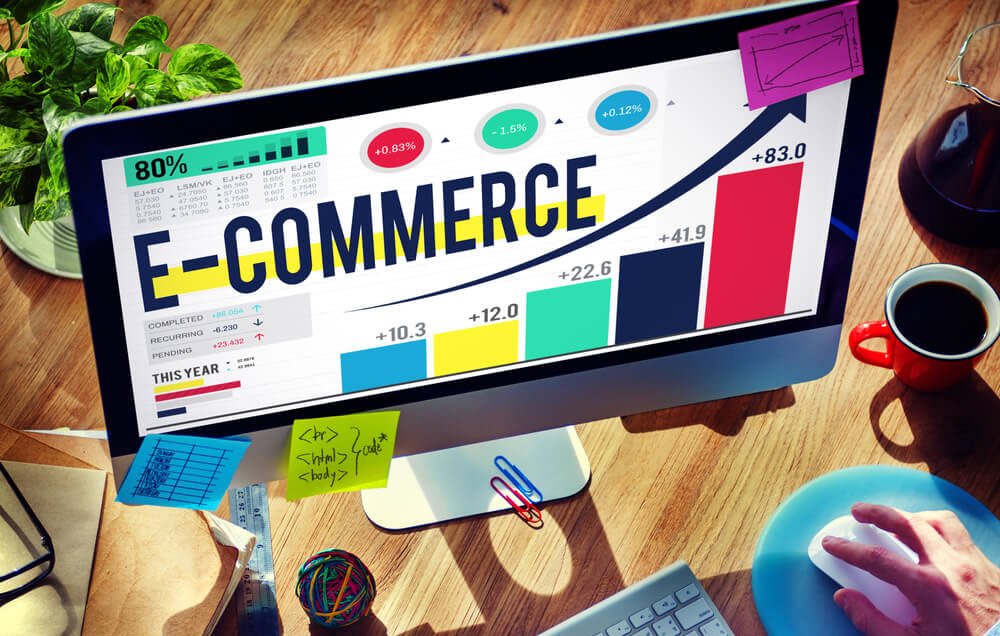
When you decide to work for yourself and start a new online business, you’re going to be excited. You’ll want to get things moving as quickly as possible and make your presence known. But before you start building your website, and before you even finalize your concept, there are some important questions you’ll need to ask of yourself and your business.
Important Factors to Decide
These are some of the most important variables to consider before taking the next step:
1. Who is your target audience? First, you need to know who you’re going to sell to. If you’re initial answer is “everybody,” you’ll have some significant work to do. To start, you’ll want to select a highly specific target audience; specificity allows you to produce more relevance and distinguish yourself from your competitors. Do some market research and decide which audience will be best.
2. What is your niche? Concurrently, you’ll need to decide on a niche. You probably have a broad idea in mind already, like selling bicycles, but do you want to drill deeper and focus on a specific sub-category? For example, do you want to focus specifically on mountain bikes or speed bikes? Bikes for children or adults? Bike repair and parts or full bikes?
3. How are you going to differentiate yourself? Unless you’re producing something truly novel, there are likely dozens, if not hundreds of competitors already doing what you plan to do. How are you going to differentiate yourself? You have several options here, including offering a lower price, providing better service, or just having a more original, audience-focused brand.
4. Which website builder will you use? There are dozens of website builders out there, and unless you plan on building new architecture from scratch, you’ll need to rely on one. Review the best ecommerce builders long in advance of your launch date, and take note of the pros and cons as they relate to your website specifically. Depending on your needs, you may need a bare-bones platform that can save you money, or an all-in-one platform that gives you everything you need.
5. How much infrastructure will you need? Within each ecommerce builder, you’ll have several different options for hosting and secondary services. Review these carefully, since each will add more costs to your monthly operations, but each will add a service or perk that you may need to keep your business running.
6. How will you obtain, store, and distribute your products? There are many ways to get the products you sell online, but you’ll have to get them somehow. You may also need to store them and ship them when getting orders. You can produce them yourself, contract with a manufacturing facility to produce them, work with a warehouse to store and distribute them, wholesale and store your products, or dropship them from another provider. Compare the costs and labor intensities of each area before you make a final call.
7. What will your profit margins be? Calculate your expenses and project your revenues carefully, estimating conservatively to give you a margin of safety. Ideally, even after all your expenses, you’ll have enough left over to give yourself a reasonable salary. If you can’t, you may need to adjust your model.
5. How do you plan to get your first 1,000 visitors? No matter what type of online store you’re operating, getting your first 1,000 visitors will be the most difficult phase of growth. You need to have a plan in place to get those initial visitors. Will you pay for advertising? Spread the word with referrals? Build a strong social media presence first? As usual, you have many options here, but if you charge in without a plan or expect the visitors to find you organically, you’ll be sorely mistaken.
9. How are you going to scale? Finally, you need to figure out how you’re going to scale. Ideally, your products and branding will speak for themselves; your customers will keep coming back and spreading the word about how great your store is. But you also need a reliable backup plan. Marketing and advertising are your best tools here, but there are dozens of options within these categories, including PPC ads, SEO, content marketing, and social media marketing.
Starting Off Right
It may seem like a lot of work before you even start designing your homepage, but the extra time you spend will be worth it. Almost every successful business on the planet originated with a business plan, or a similarly formally organized document explaining the intentions of the organization. Just because an online store is relatively inexpensive and fast to put together doesn’t mean you can skip over the due diligence; this is the step that separates the successful from the unsuccessful.








